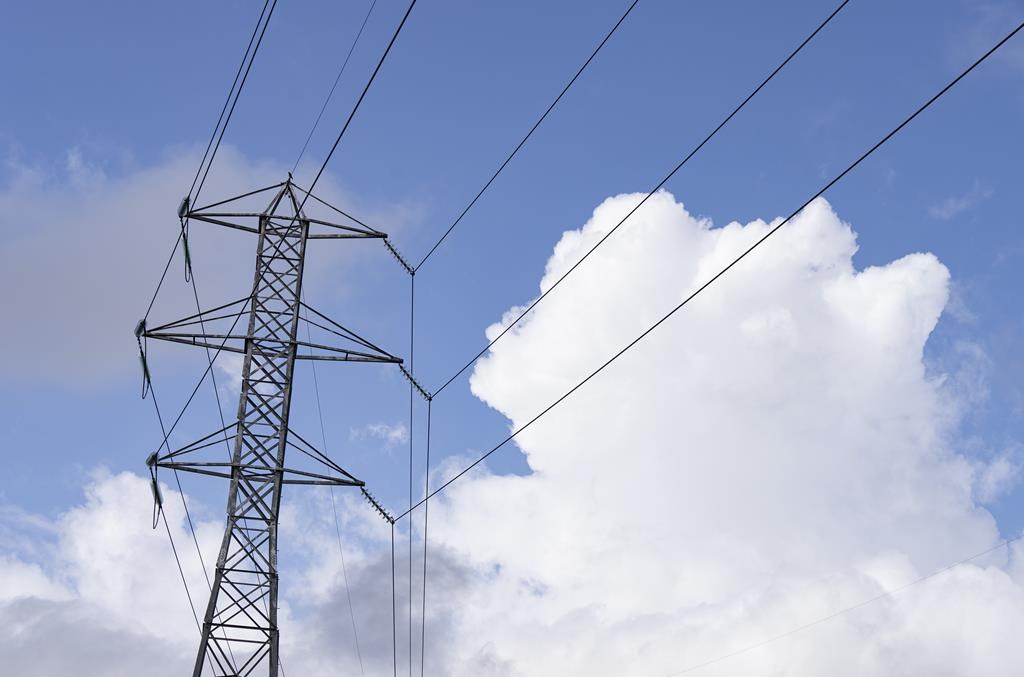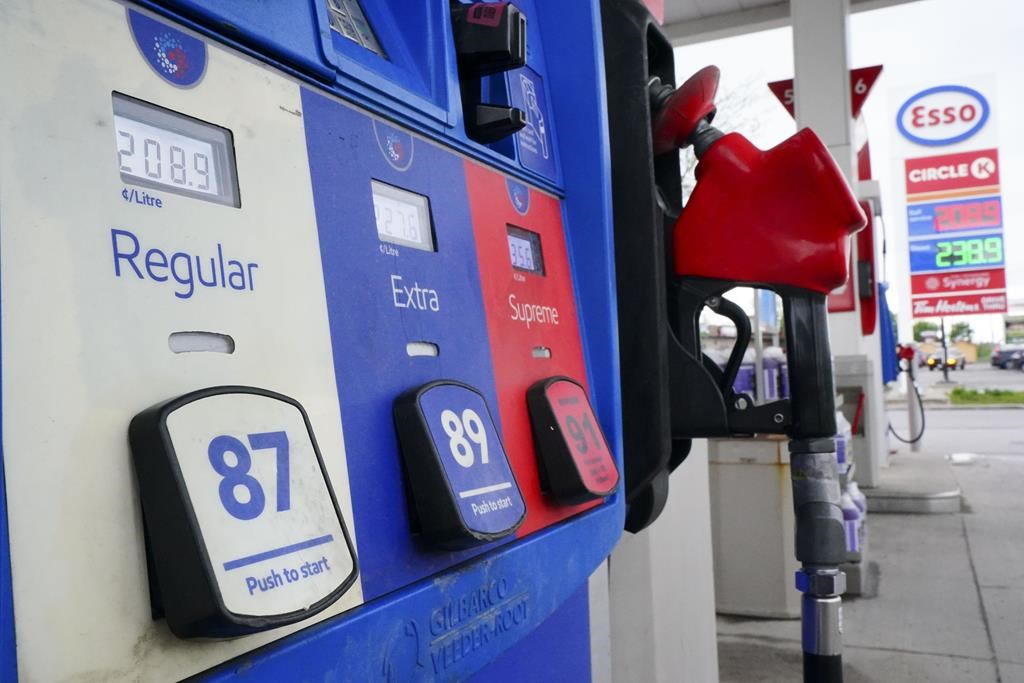Canada becoming a net loser in oil price increases, says Bank of Canada
Posted Apr 18, 2012 12:40 pm.
This article is more than 5 years old.
OTTAWA – The Bank of Canada says Canadians are losing out on the run-up in world oil prices, which is impacting everything from business input costs to consumer spending and inflation.
In a new analysis of the current make-up of crude prices, the central bank said Wednesday that Canada has been importing high-priced Brent crude pumped in the North Sea and exporting lower-priced oil from Alberta since January, negatively impacting overall trade.
“The increase in the price of our oil imports raises production costs for Canadian firms and also puts upward pressure on gasoline prices, since about half of the gasoline purchased in Canada is produced using refined petroleum priced off Brent,” the bank said in a statement.
That puts downward pressure on Canada’s real gross domestic income, dropping the country’s spending power to buy foreign goods and services, the bank said. In turn, it also dampens spending on domestically produced goods and services.
Increases in oil prices are usually beneficial to Canada because the country exports more than it imports, with the resulting gain in real income from exports more than offsetting cost increases for businesses and consumers who must fill up at the pump.
“This is why the recent evolution of oil prices since January has been unfavourable for Canada,” the bank said in its Monetary Policy Review, noting that about half of the gasoline purchased in Canada is more closely tied to the higher-priced Brent supply.
For more than a year, the gap has been widening between the price of the Brent oil Canada imports from the world and the price of West Texas Intermediate (WTI) oil paid to Canadian producers. The difference now stands at about $20 a barrel.
Furthermore, some Canadian crudes are priced even lower at the Western Canada Select rate, which is now about $20 below WTI.
The bank said oversupply at the Cushing, Okla., refining hub and supply factors, including refinery outages and inadequate pipeline capacity, are contributing to the undervaluing of Western Canadian crude.
The central bank also indirectly made a strong economic case for completion of the controversial Keystone XL pipeline from Alberta to Texas that has partially been stalled by the U.S. administration.
The bank said some recent developments should close the gap somewhat, but not altogether until new pipeline capacity is put in place in the United States and Canada.
“Increased capacity utilization at refineries that experienced temporary outages, combined with the planned reversal of the direction of flow in the Seaway Crude Pipeline System, should lead to a greater convergence between the prices of Canadian crudes and that of WTI crude in the coming months, thus helping to improve Canada’s terms of trade.”










